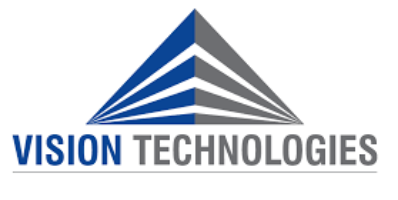In a context where competition is increasingly fierce, the organization of corporate events must be impeccable to stand out. This is where event management software comes in, proving to be essential allies for companies wishing to optimize their process. These digital tools are specially designed to simplify planning and coordination, whether it is a seminar, a conference or a company party. Thanks to varied and sophisticated features, they allow you to efficiently manage the many tasks related to the organization of an event.
By integrating event software , organizers can easily manage logistical aspects such as ticketing , sending invitations, or even participant management . In addition, these solutions often offer tracking and analysis tools that allow you to evaluate the success of the event. They also facilitate communication with speakers and participants, thus strengthening their engagement. By adopting these technologies, companies are giving themselves the means to transform each event into a memorable and successful experience.
How to successfully organize your event
In a world where corporate events are becoming increasingly important for building relationships, promoting the brand, and engaging employees, the use of event management software is becoming essential. These digital tools offer a multitude of features that facilitate the organization, planning, and execution of events, thus achieving optimal results.
Optimization of planning and logistics
Event management software offers features specifically designed for event planning and logistics. For example, tools like Trello and Asana allow teams to create customizable boards and templates dedicated to specific projects. Studies show that using such tools improves team productivity by 15 to 20 percent by reducing the time spent on internal coordination.
A good example is a company that hosted an international conference. Using event management software, organizers were able to create a shared calendar, assign tasks, and track the progress of preparations in real time. This allowed them to detect potential delays and adjust their resources quickly.
Improved communication and invitation management
Event management software also makes communicating with attendees easier. It allows you to send personalized email invitations, track RSVPs, and manage attendee lists efficiently. Additionally, these tools can send automatic reminders as the event approaches, reducing no-show rates.
An interesting case study is a company that used a digital invitation system for a launch event. Thanks to the automated invitation sending functionality, over 90% of guests confirmed their attendance within a few days. This allowed the event team to focus on other aspects, such as content and speaker logistics.
Data analysis and post-event feedback
One of the most overlooked benefits of event management software is its ability to score and analyze data . After an event, it’s crucial to collect data on attendance, spending, and attendee satisfaction levels. This information helps organizers understand what worked and what needs to be improved for future events.
A marketing company recently used event software for a seminar. After the event, they collected feedback via an embedded survey, which resulted in an 85% satisfaction score, while also identifying some logistical aspects that needed to be reviewed for the next edition.
Cost reduction and budget simplification
Budget management is a key aspect in event planning . With event management software, it is possible to create a personalized budget template for each event. This allows you to track expenses in real time, adjust budget forecasts, and avoid cost overruns.
According to a recent study, using event management software can reduce logistics costs by an average of 25%. For example, one company that hosted a trade show was able to identify savings on venue rentals and supplies using its software, which optimized its overall budget.
Improving the participant experience
Digital tools are also transforming the attendee experience during the event. Through customized apps and interactive features, attendees can access agendas, speaker bios, and ask questions in real time. This increases their engagement and enriches their experience.
A good example comes from an event organized by an SME where each participant was able to download a dedicated mobile application. It offered updates, surveys and live chat, which generated a level of interaction never before achieved. Participant satisfaction was measured at 92% during the post-event feedback collection.


